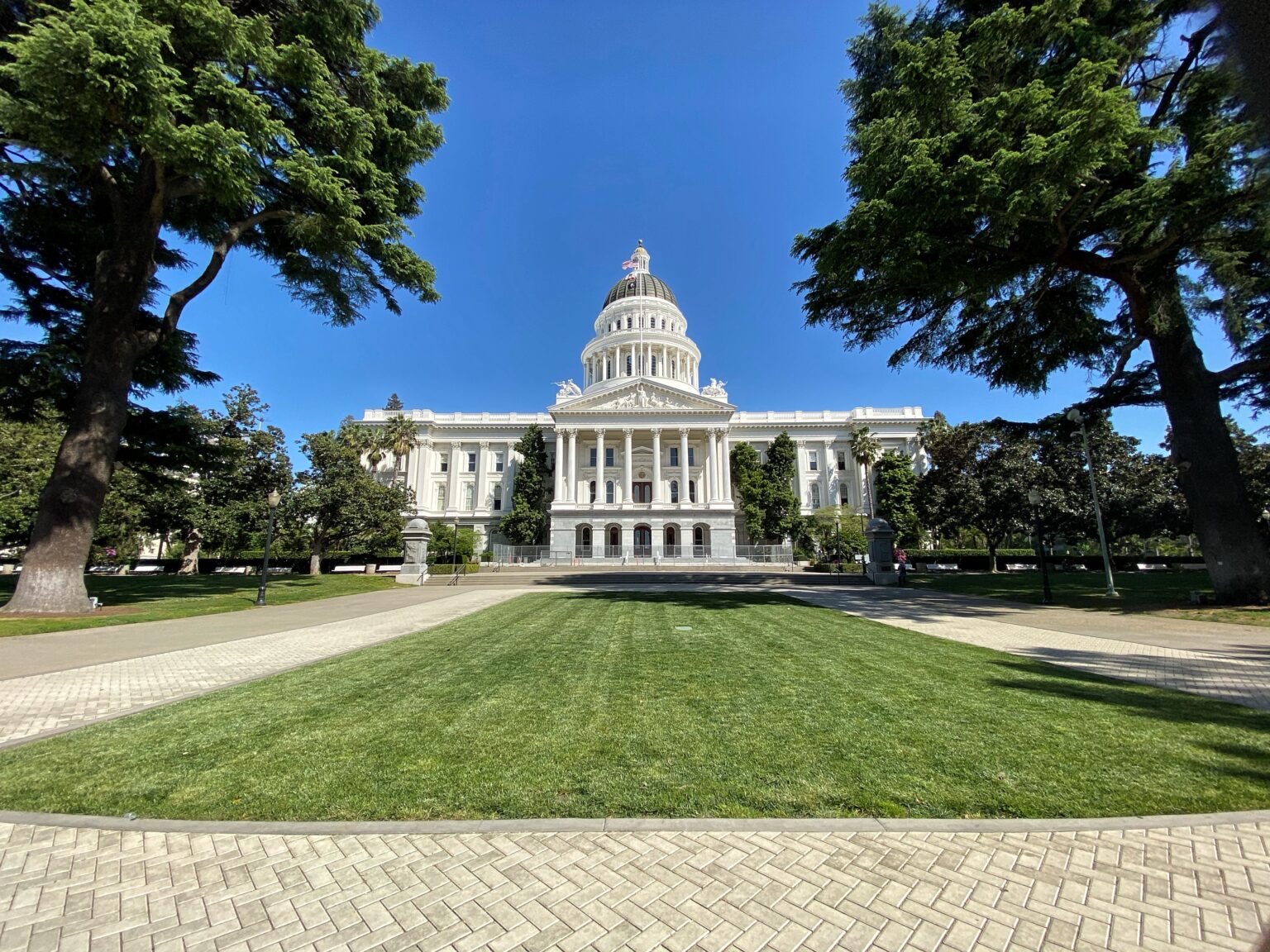Which publishers will benefit, and which wouldn’t, from the California Journalism Protection Act
This letter was sent to the California legislature and our members there in opposition of AB-866.
Dear California Assembly Members:
I’m writing in reference to the California Journalism Protection Act. I am the executive director of Local Independent Online News Publishers, otherwise known as LION. We have around 450 members mostly across the United States, with some in Canada. California is our second-largest membership state, with 53 of our publishers in its borders.
But those members – not to mention the owners of hundreds of weekly and community publications across California – are not the beneficiaries of this legislation. The CJPA, as written, would reward and advantage newspaper chains, and the ghost newspapers they’ve created in their wake. These legacy players – which operate more than half of the nation’s newspapers, by circulation – don’t deserve a redistribution of advertising dollars in the name of solving the problem they’ve spent so many years causing.
The evidence of this is clear in how the proposed bill defines local news: As anything “the covered platform has displayed or presented to California residents.” The funds this bill would redistribute from platforms are aimed at publishers producing “news or information that concerns local, regional, national, or international matters of public interest.”
And under those definitions, the publicly traded newspaper company Gannett – with headquarters in McLean, VA, and publications in Palm Springs, Victorville, Redding, Camarillo, Visalia, Stockton, Victorville and Salinas – could cash in without hiring a single reporter.
It’s already doing a version of this in Salinas, as described recently by the Los Angeles Times. The Salinas Californian has no full-time reporters on its staff. It’s a sad example of researcher Penny Abernathy’s definition of a “ghost newspaper.”
But under the proposed bill, all the Californian would need to do is republish posts from across owner Gannett’s USA Today Network – produced elsewhere, but indexed by a platform and read by Californians – and cash the check.
Another newspaper owner that would follow a similar strategy: The hedge fund-owned McClatchy, with titles in Sacramento, Modesto, Merced, Fresno and San Luis Obispo.
But the big winner in this California lottery is MediaNews Group, otherwise known as Digital First Media. It’s owned by Alden Global Capital, a hedge fund based in Manhattan with a reputation of gutting its newsrooms. MediaNews publishes 30 titles in California.
By way of contrast, my members are generally small. Some 80 percent have five or fewer full-time equivalent employees in their entire company, not just their newsrooms. Median revenue in 2022 was $130,000 – slightly skewed by some of our larger members, such as Cal Matters and the Long Beach Post, both success stories in the Golden State for different reasons.
These publishers – including Santa Cruz Local; the Mendocino Voice and Cityside – tend to hail from local newsrooms. Often they start small, using their newsroom buyout, cashing in retirement funds, or even mortgaging their homes to serve their communities.
LION helps hundreds of similar organizations, greatly aided by funding from the Google News Initiative and the Meta Journalism Project. That has underwritten training programs, fellowships, and research into this emerging ecosystem. So far, the results are encouraging, though too many news entrepreneurs building digital businesses tell us their efforts are not sustainable.
The CJPA does not change that for them. The $100,000 floor for revenue in particular leaves out many of these member publishers. They do not cover national or international news, focusing their efforts where it’s most needed: The communities where they live and serve.
By defining local news as anything read by people in California, there’s no incentive for the publishers helped most by this measure to produce what the bill terms as “journalism (that) plays an essential role in California and in local communities,” let alone further “the ability of local news organizations to continue to provide the public with critical information about their communities who read news.”
Instead, the measure would incentivize publishers to produce cheap clickbait, or republish shared work across dozens of properties, and then claim a payment for shuffling commoditized content.
California is already a leader in finding innovative ways to support local journalism efforts, including the recently-passed $25 million Berkeley fellowship program. That program was created with the explicit aim to “support and strengthen local reporting in underserved and historically underrepresented areas across the state.”
I’m hoping the Assembly can keep that aim as its North Star as it continues its work to help the cause of local journalism – not by allowing the worst owners in publishing to cash in on the problem they helped create.
Sincerely,
Chris Krewson
Executive Director, LION Publishers
Sign up for the weekly newsletter
Join the LION mailing list to get our weekly roundup of opportunities and resources for news entrepreneurs. View our most recent issues.
Related Articles
Last call: Apply to receive $600 in travel support to attend the Independent News Sustainability Summit in Chicago
Fill out the travel stipend request form by Sunday, July 21, at midnight ET.
Igniting innovation: How RJI empowers independent news publishers to experiment with new ideas
RJI supports small newsrooms and community-centered journalists as they work to serve their communities.
How The Bedford Citizen prioritized its internal operations to pursue revenue growth and avoid burnout
Through LION’s Sustainability Lab, the team developed a master spreadsheet to track ideas and impact.
